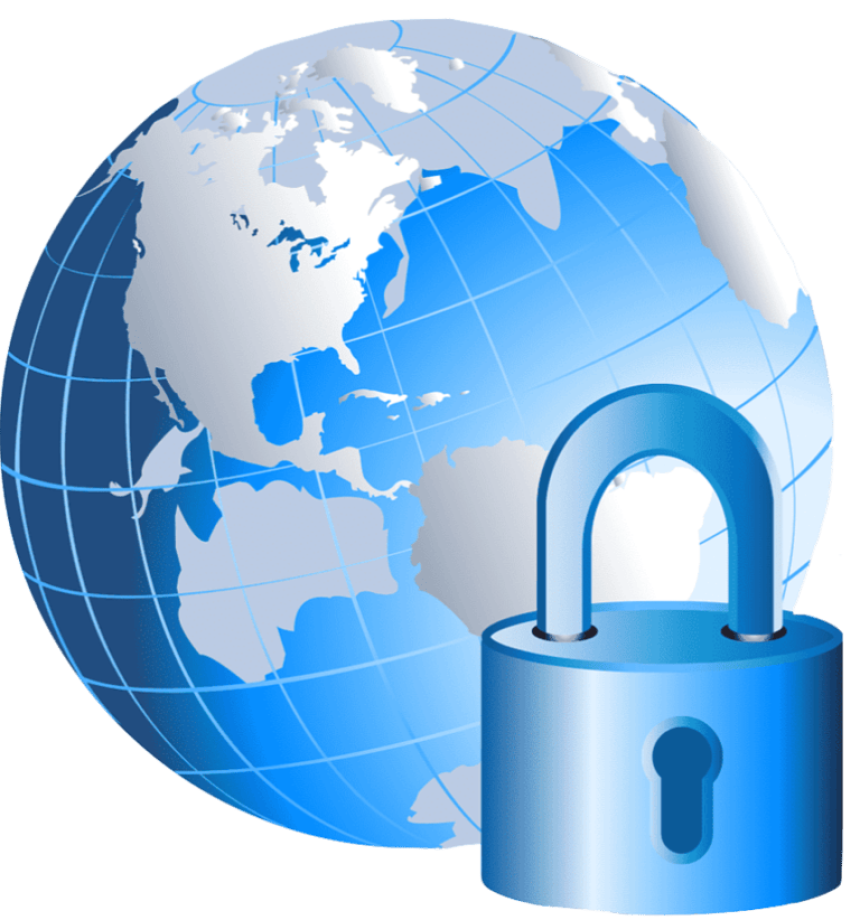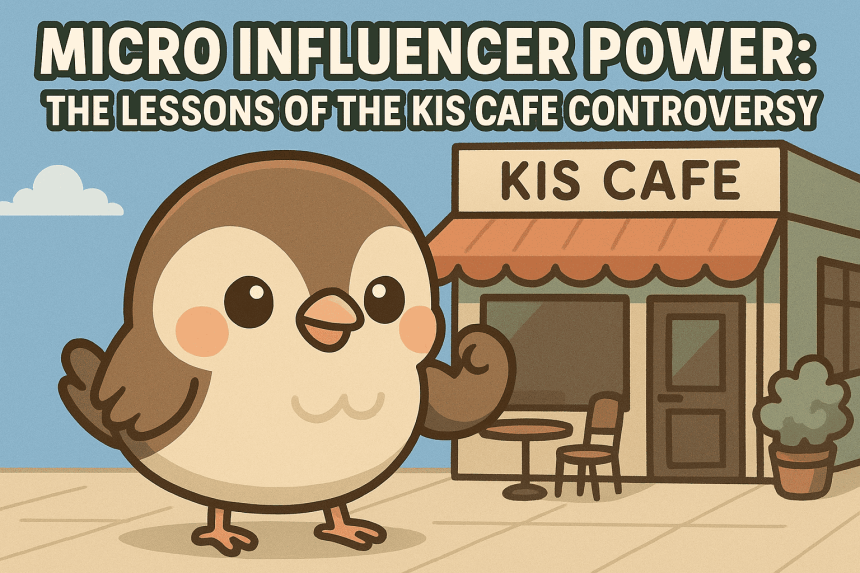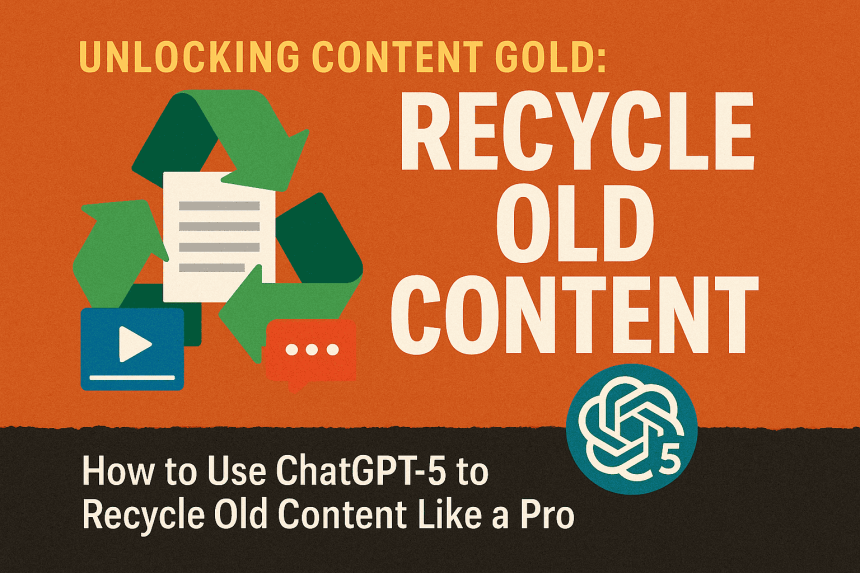
How to Circumvent Region Locking
As creators, we exist as part of a global community. Through the power of the internet we are able to reach audiences across the world, gaining world-wide fan bases that simply wouldn't be possible in days gone by.
Why, then, should some elements of the internet be forbidden to us because of simple concerns like geography? I believe they shouldn't be, and I can make sure you have the tools to make that belief a reality.
What is Region-Locking?
Simply put, region-locking is pretty much exactly what it sounds like—certain regions restrict or outright disable a user's access to something that's readily available in other places based solely on their geographic location.
Most commonly this comes in the form of certain TV shows disappearing from Netflix in different countries, or games vanishing from Steam depending on where you are, but for creators this geographic denial of important resources and services can potentially limit the reach of our content. Luckily, regardless of what kind of difficulties region-locking might be causing you, these three solutions should be more than sufficient to unlock them.

Option 1: VPN
A VPN, or Virtual Private Network, is one of the most common and effective workarounds for region-locked content. The basic concept behind a VPN is that it hides your IP address and other browsing information by routing all of your activity through a dedicated server in a completely different region of the world.
To any potential locks, it looks like anyone using a VPN is accessing the internet from the area of that server, rather than from wherever you're actually located. If the region lock doesn't apply to that location, it won't apply to you! If it does, simply swap VPN servers until you find a place that isn't affected. Most VPNs offer a wide array of potential routing servers to choose from and make swapping relatively quick and easy, allowing you to bypass any region lock with ease.
Unfortunately, the best VPNs tend to cost money. To list a few examples, some of the top options include:
- NordVPN at ~$12 per month
- ExpressVPN at ~$13/month
- ProtonVPN at ~$10/month
There are free options, of course, and some of the aforementioned services even have free versions you can use, but they tend to either have a hard data limit or come with ads during use. Even so, the speed and efficiency of a good VPN can make for a worthwhile investment if you plan on using it for anything intensive like video streaming.
Option 2: Proxy Server
Using a proxy functions similarly to VPNs in theory, but in practice tends to be a lot simpler to set up. A proxy server uses the same fundamental concept to get around region locking: route your information through a server in another region. In doing so, the proxy server provides a quick and easy fix for individual instances of region-locking with a fast and efficient connection.
Making this work requires three very simple steps:
1. Find a trustworthy proxy server in a region where what you're looking for is available
2. Configure your browser (or whichever application you're using) to connect through that server
3. Profit!
Which server or provider to choose depends largely on what you need it for, but there are enough out in the world to satisfy most, if not any requirements. Not all of them are free to use though, and those that are tend to have restrictions like not allowing streaming. Oxylabs, for instance, which serves as a provider for efficient and highly varied server options, has a hard limit of 5GB bandwidth total. Usage of proxy servers also tends to be less secure than usage of a VPN, as VPNs are private and often encrypt your information while proxy servers are public and do not.
Option 3: DNS Redirector
Much like the other two options, DNS redirection will fool region locks into thinking that you're accessing their content from somewhere you're not. Unlike the other two options, however, DNS redirectors won't achieve that by running your entire internet activity through another country. Instead, DNS redirectors, also known as Smart DNS, only redirect the specific activity that relates to the locked content you're after.
Limiting the amount of activity being redirected means that your overall speed and efficiency should increase compared to using a VPN or proxy server. It's also significantly easier to set up a DNS redirector on a console like an XBox or Apple TV, which can be notoriously tricky to use VPNs or proxy servers with. Even better is that many of these tools offer included encryption services to protect your activity from any prying eyes.
The only downside is that this is by far the most limited option. Where VPNs and proxy servers can, theoretically, bypass any region lock out there, DNS redirectors only function for a specific selection of services. The good news is that those selections tend to be relatively large, but if you're attempting to access something that's not on the list… well, you'll just be out of luck.
Regardless of which solution ends up being most helpful, overcoming the obstacle of region locking can be crucial to expanding your reach as a creator. To achieve a truly global audience, your content can't stay bound by borders.
***
About the Author
Adam Stockman is a creative writer and content creator with professional experience in community management, interactive entertainment, and script writing. He leverages those skills and ample time in fast-paced, startup environments to create engaging and enjoyable experiences for creators and fans alike.





